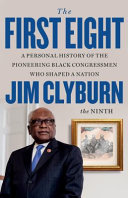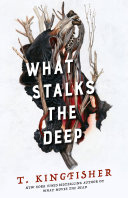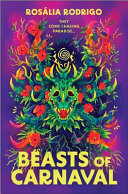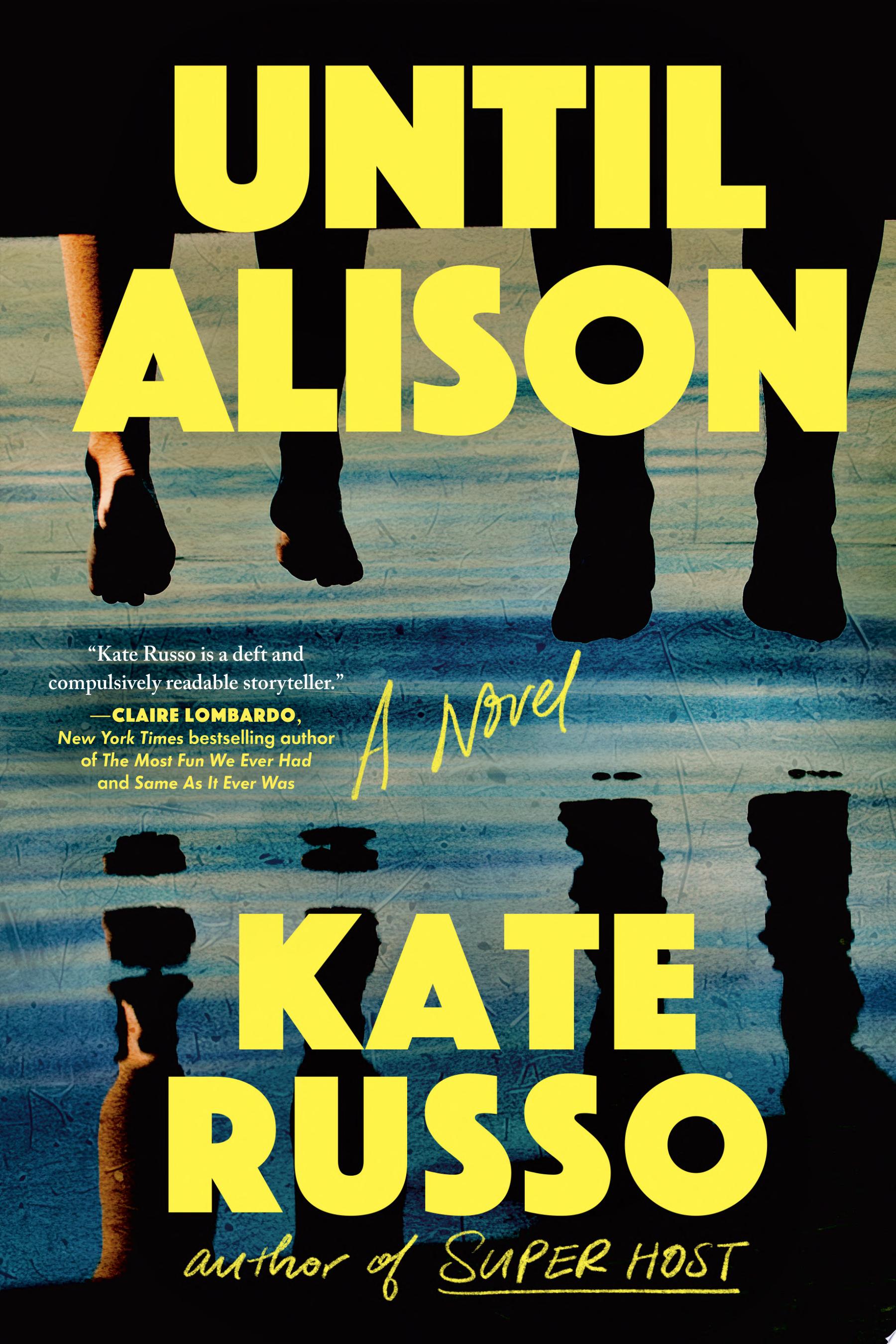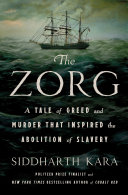Upcoming Events
December K-4 Book Bags: Pick-up Time!
Beginning November 13, sign up for December's K-4 Bags. Each bag contains one or two library books handpicked just for you, a small craft, and other fun surprises.
Disclaimer(s)
Food & Drink
Food is prepared in an off site kitchen. While every attempt will be made to ensure food safety, we cannot guarantee that food served at this program has not come into contact with tree nuts, soy, or other allergens.
December Tween and Teen Take-Out Box: Pick-up Time!
Beginning November 13, sign-up for December's Tween and Teen Take-Out Boxes. Each box contains one or two library books hand-picked just for you, a sweet or savory treat, and other fun surprises. For Grades 5-12.
Disclaimer(s)
Food & Drink
Food is prepared in an off site kitchen. While every attempt will be made to ensure food safety, we cannot guarantee that food served at this program has not come into contact with tree nuts, soy, or other allergens.
De-Stress With Dogs
De-stress after finals with cookies, cocoa, and therapy pups! For grades 7 through 12. Drop-in.
Tween Book Club
Tween Book Club
Read outside your comfort zone! Sign up to receive a free copy of this month’s book. Book pickup begins the last Thursday of the month prior. For grades 5 through 7. Register online or by phone.
This month's book: Alone by Megan E. Freeman
Library News
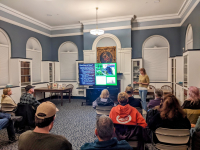
Ale Together Now: Back to Basics - Water!
We went back to basics for our most recent Ale Together Now program, exploring how water contributes to beer and how it is used in the brewing process.

Fairytale Writing and Art Contest: 2025!
Our annual Fairytale Writing and Art Contest has concluded, and once again, we received fantastic entries!

Recipe Club and Potluck: November 2025
November's Recipe Club and Potluck program featured a variety of delicious, cozy recipes!




















